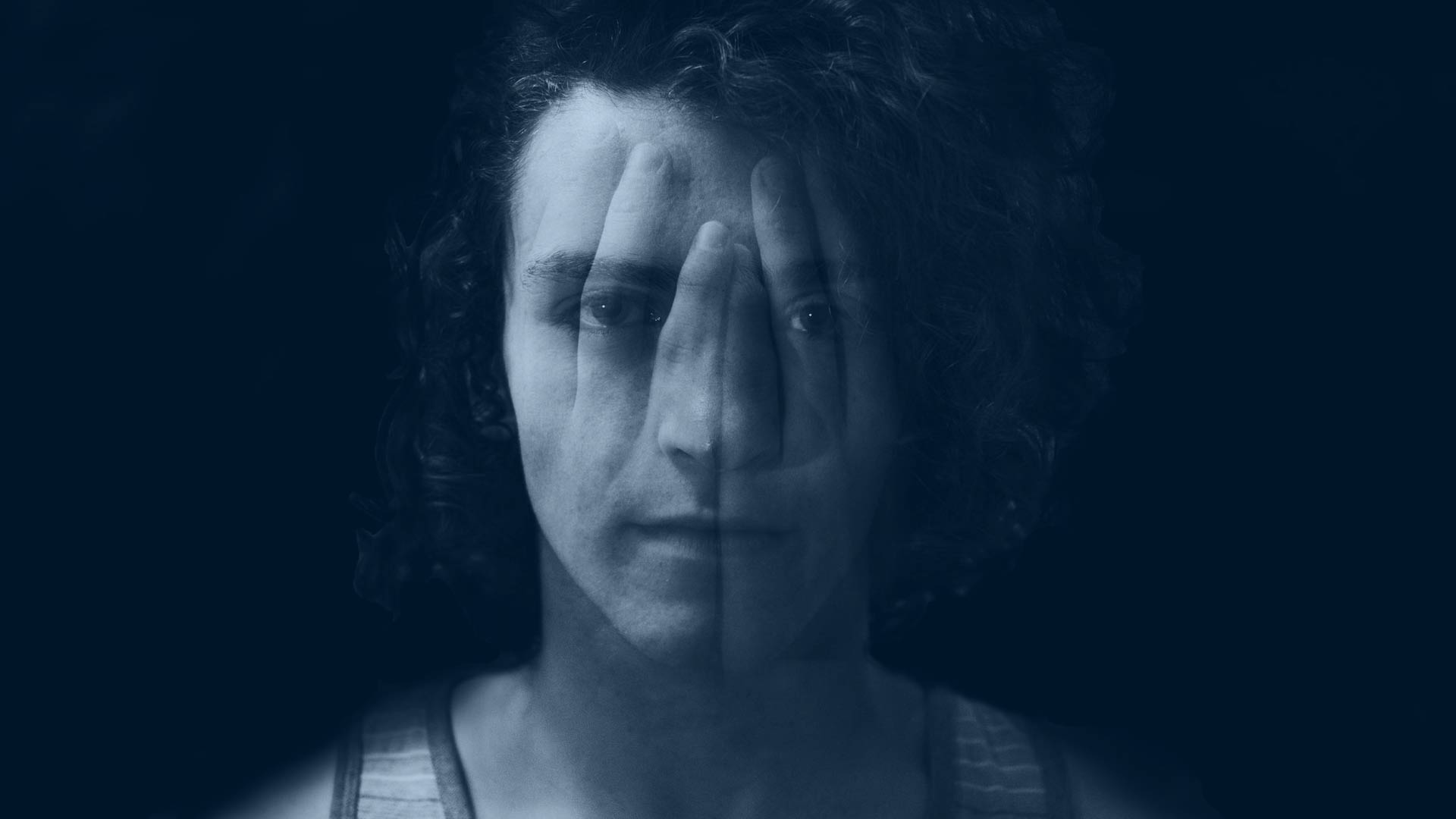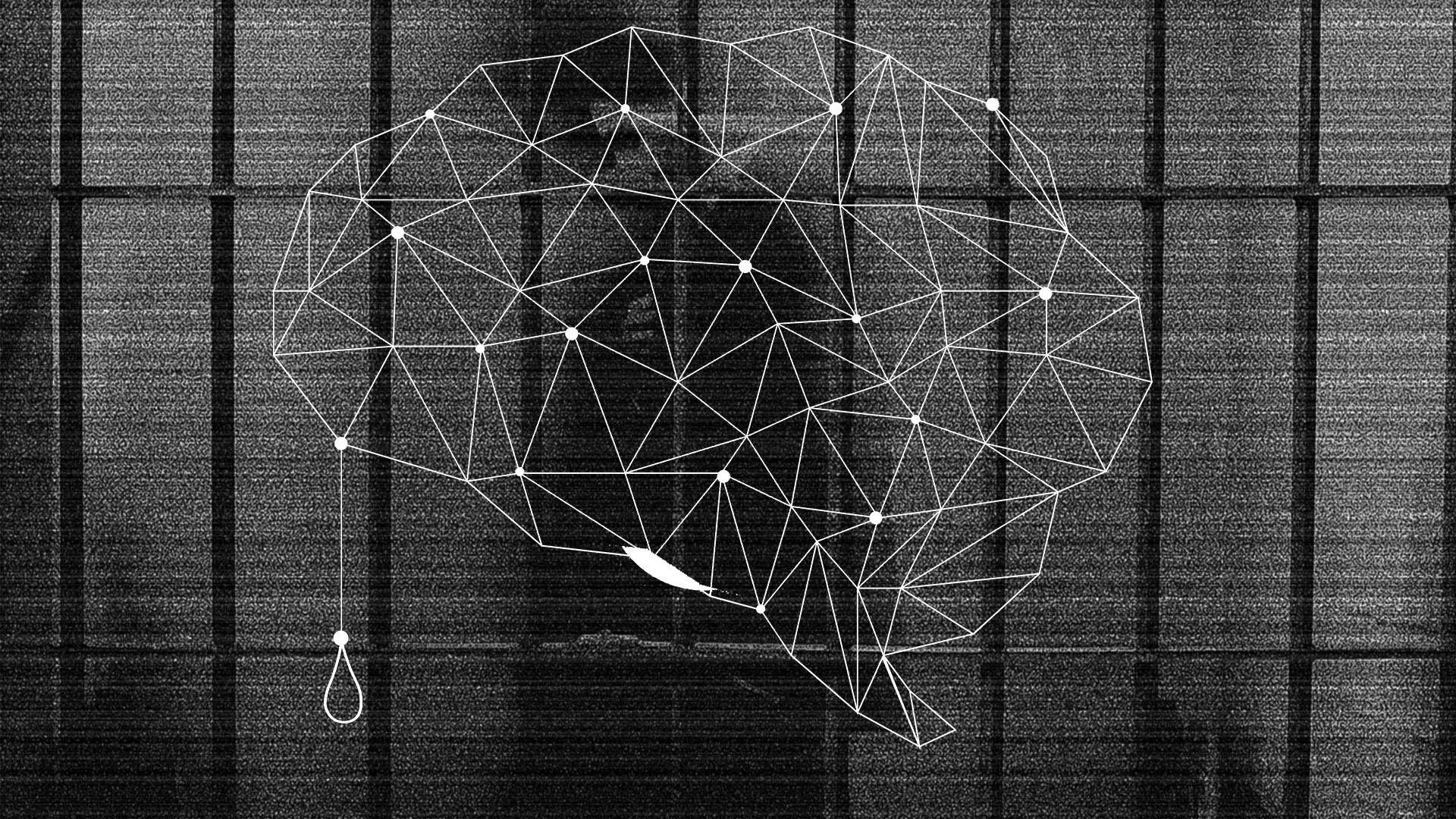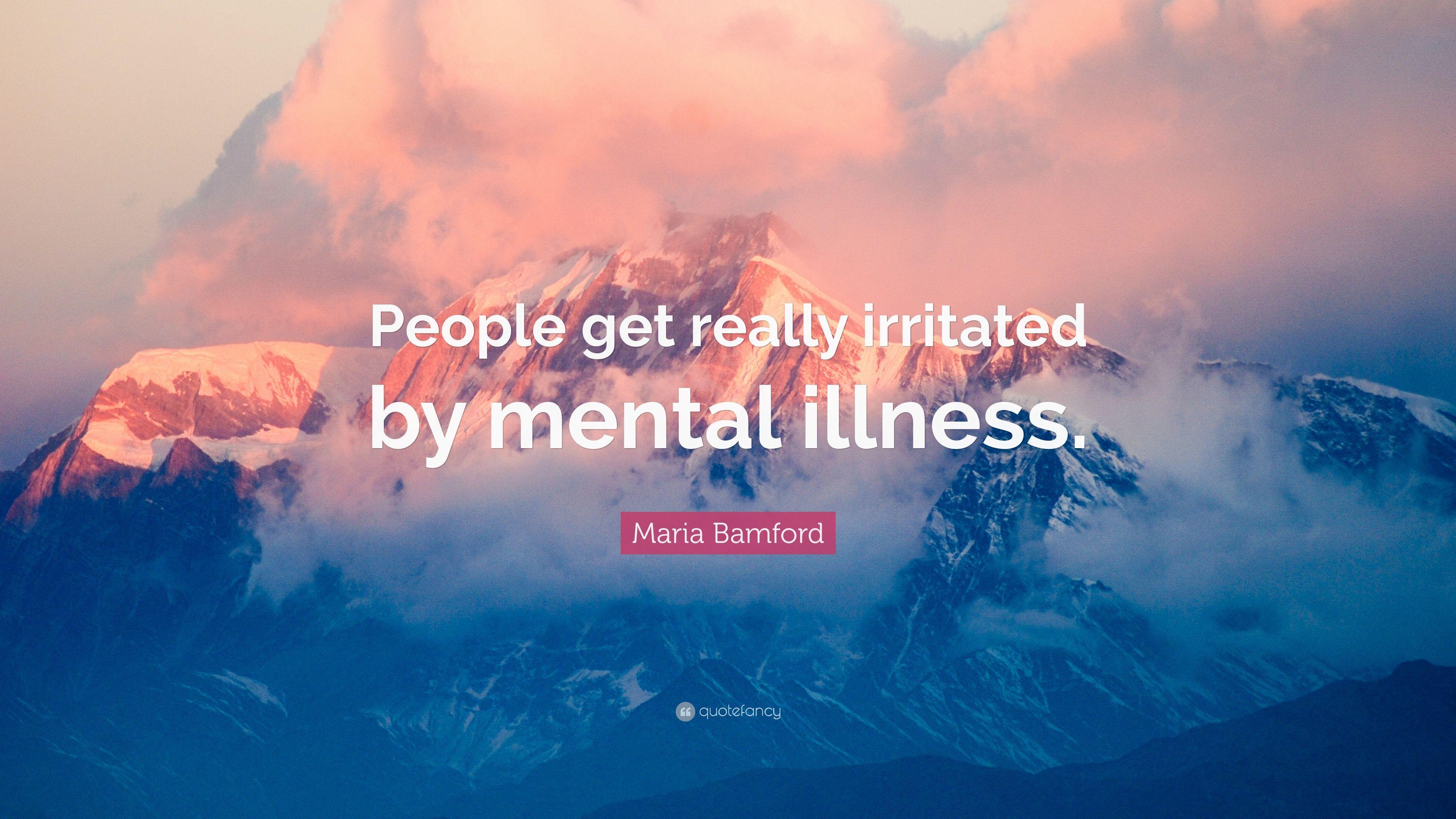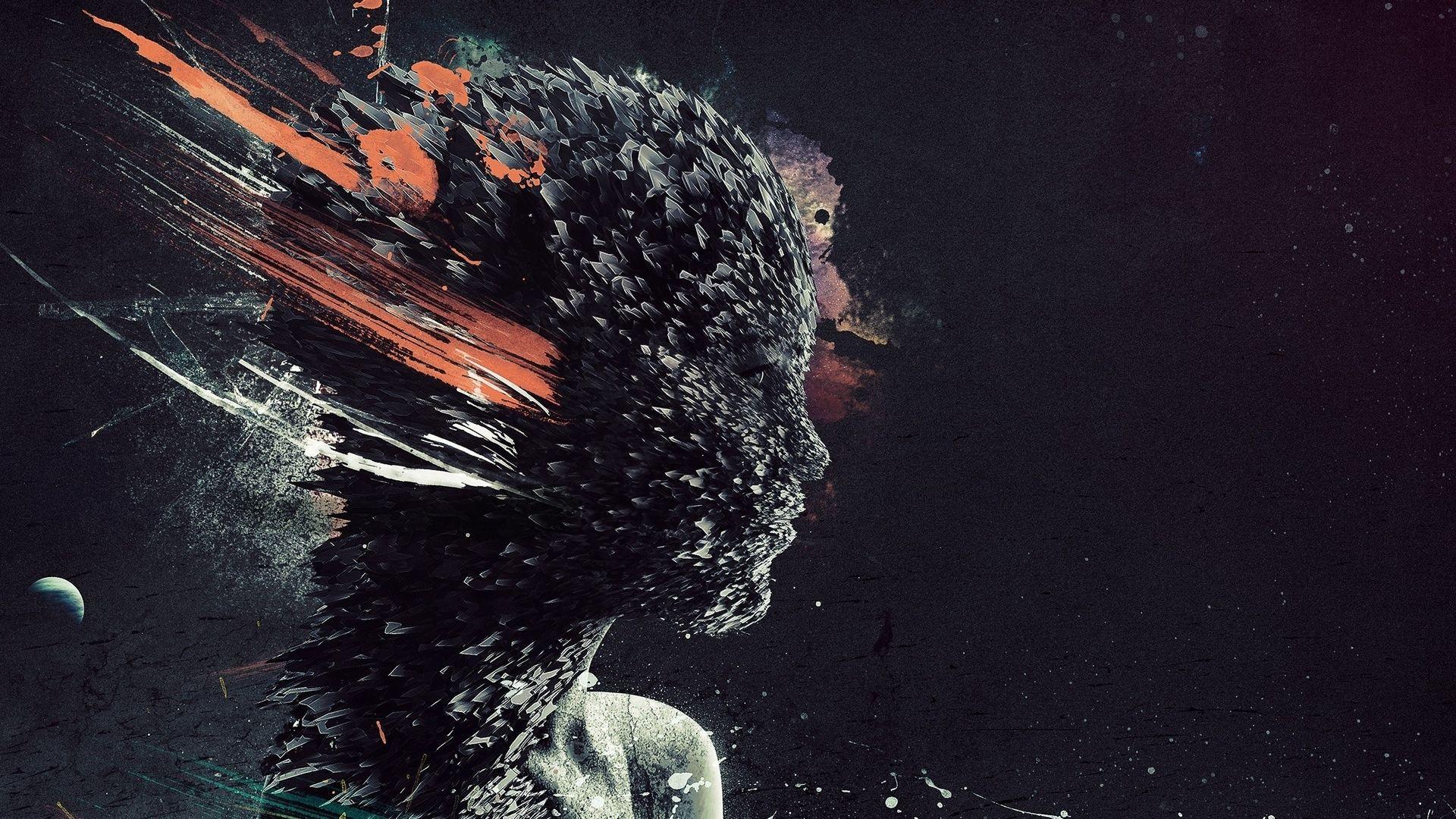How To Get Diagnosed Mental Illness
How To Get Diagnosed Mental Illness: A Step-by-Step Guide
It's totally normal to feel overwhelmed when you start thinking about your mental health journey. Taking the first step toward help, especially seeking a formal evaluation, is incredibly brave. If you've been wondering, "How To Get Diagnosed Mental Illness," know that you are not alone, and you have definitely come to the right place. This process can feel mysterious, but we are here to break down the journey step-by-step, making it feel less scary and much more manageable.
Seeking a diagnosis isn't about labeling yourself; it's about gaining clarity and finding the right tools for treatment. A diagnosis acts like a roadmap, helping you and your care team understand exactly what you are dealing with so that you can move forward constructively. Let's dive into what you need to know to start this important process.
Recognizing the Need for Help
Before you can figure out how to get diagnosed mental illness, you first have to recognize that something feels persistently off. Mental illness symptoms are highly varied. Sometimes they manifest as intense emotional distress, and other times they appear as physical discomfort or radical changes in behavior.
You might be struggling if your current emotional state is interfering with your daily life. This interference could affect your job, relationships, sleep, or overall enjoyment of things you once loved. Remember, just because you are having a rough patch doesn't mean you need a diagnosis, but if these feelings persist for weeks or months, it's definitely time to check in with a professional.
Initial Self-Reflection and Tracking Symptoms
A mental health diagnosis relies heavily on your history and observable symptoms. Before your first appointment, taking time for self-reflection can be incredibly helpful. This preparation ensures that when you meet with a professional, you can provide the clearest, most accurate picture of your struggles.
Try keeping a symptom journal for a week or two. This doesn't need to be formal, but simply tracking key events can provide valuable insights. Focus not just on what you feel, but when you feel it, and how long the feeling lasts.
- What specific symptoms are you experiencing (e.g., prolonged sadness, panic attacks, extreme fatigue, difficulty focusing)?
- When did these symptoms first start, and have they worsened over time?
- How are these symptoms impacting your work, school, or relationships?
- Have you tried any coping mechanisms, and were they effective or not?
Collecting this data will make the diagnostic process much smoother and faster. It serves as concrete evidence, rather than relying solely on vague memories during a stressful first consultation.
Starting the Diagnosis Journey
Now that you have gathered your self-reflection notes, it's time to find the right professional. This is often the biggest hurdle for people seeking to understand how to get diagnosed mental illness—figuring out who exactly to talk to. There are several different types of specialists, and knowing the difference can save you time and money.
Who Should You See First?
The first person you see often depends on your current situation and access to care. Many people start with their Primary Care Physician (PCP). Your PCP can conduct a basic screening and rule out any physical causes for your symptoms, such as thyroid problems or vitamin deficiencies, which can mimic mental illnesses like depression or anxiety.
However, for a formal, in-depth psychiatric diagnosis, you will likely need to see a specialist:
- Psychiatrist (MD or DO): This is a medical doctor specializing in mental health. Psychiatrists are the only mental health professionals who can officially diagnose mental illnesses and prescribe medication. They often focus more on biological and pharmacological treatments.
- Psychologist (PhD or PsyD): These professionals specialize in psychotherapy (talk therapy) and psychological testing. While they can perform assessments and offer diagnoses, in many regions, they cannot prescribe medication. They are excellent for therapeutic intervention and specific testing (like ADHD or cognitive assessments).
- Licensed Clinical Social Worker (LCSW) or Licensed Professional Counselor (LPC): These professionals provide therapy and support but typically refer patients to a psychiatrist for formal diagnosis and medication management.
If you suspect a complex disorder, or if physical symptoms have been ruled out, finding a licensed psychiatrist or a clinical psychologist who specializes in diagnostics is the most direct path to getting a formal diagnosis.
Preparing for Your Appointment
Once your appointment is scheduled, preparation is key. Remember those notes you took? Bring them! Additionally, gather information about your family history. Mental health conditions often run in families, and this information is extremely useful for the diagnosing professional.
Be ready to discuss not just your symptoms, but your general life circumstances. The diagnosing professional will want to understand your stress levels, your diet, your sleep patterns, and any significant life changes you've recently experienced. They are trying to build a complete picture of your health.
The Diagnosis Process Explained
The actual diagnosis process is rarely a single test. Instead, it's a comprehensive, multi-faceted approach. Your first session will involve a clinical interview. The professional will ask detailed, open-ended questions about your feelings, thoughts, behaviors, and history. They are looking for patterns that align with specific diagnostic criteria.
This interview might feel long, but it's crucial for accurate diagnosis. Be honest and open about everything, even the things that feel embarrassing or difficult to admit. The professional is there to help you, not to judge you.
Tools and Criteria Used by Professionals
Psychiatrists and psychologists do not guess when determining a diagnosis. They rely on standardized manuals and formal assessments to ensure consistency and accuracy. If you are serious about understanding how to get diagnosed mental illness, understanding these tools is important.
The primary tool used globally is the Diagnostic and Statistical Manual of Mental Disorders (DSM-5). This manual outlines the specific criteria that must be met for a diagnosis to be officially given. These criteria include the number of symptoms present, the duration of symptoms, and the degree of functional impairment.
Tools used may include:
- Clinical Interview: The primary method, involving structured or semi-structured discussions to gather detailed history.
- Standardized Rating Scales: Questionnaires (like the PHQ-9 for depression or GAD-7 for anxiety) that quantify the severity of symptoms.
- Psychological Testing: Specific tests, often administered by a psychologist, to assess cognitive function, personality traits, or learning differences (common for ADHD or Autism Spectrum Disorder).
- Collateral Information: Information gathered from close family members or partners (with your permission) to verify symptoms and their impact.
Receiving a diagnosis often takes several sessions, particularly if the case is complex or requires ruling out several possibilities. Patience during this phase is vital for ensuring the accuracy of the final diagnosis.
What Happens After Diagnosis?
Once the professional has determined a diagnosis, the next logical step is treatment planning. This is where the real work of recovery begins. A diagnosis is only the starting point; it's the action plan that follows that provides relief.
The professional will work with you to develop a comprehensive treatment strategy tailored to your specific needs and diagnosis. This plan usually involves several key components:
- Psychoeducation: Learning about your diagnosis is empowering. Understanding the illness helps you recognize triggers and develop better coping strategies.
- Therapy (Psychotherapy): This is the cornerstone of most mental health treatment. Modalities like Cognitive Behavioral Therapy (CBT) or Dialectical Behavior Therapy (DBT) are commonly recommended, depending on the diagnosis.
- Medication Management: If appropriate for your diagnosis, a psychiatrist will discuss medication options, their benefits, and potential side effects. This decision is always made collaboratively.
- Lifestyle Adjustments: This includes recommendations for improving sleep hygiene, nutrition, exercise, and stress reduction techniques that support overall mental well-being.
Remember that treatment is a dynamic process. It might take time to find the right therapist or the right medication dosage. Don't be afraid to communicate openly with your providers about what is working and what isn't.
Conclusion
Understanding how to get diagnosed mental illness starts with courage and ends with clarity. The path involves recognizing persistent symptoms, finding the appropriate mental health professional—usually a psychiatrist or clinical psychologist—and preparing diligently for your diagnostic interviews. By keeping track of your symptoms and being fully honest during your assessments, you empower your care team to give you the most accurate diagnosis possible.
Receiving a diagnosis is not an ending; it's the beginning of a proactive journey toward healing. It gives a name to your struggle and opens the door to effective, evidence-based treatment plans. Take that first step today—your well-being is worth the effort.
Frequently Asked Questions (FAQ)
- Can my general practitioner (GP) diagnose a mental illness?
- A GP or PCP can often screen for common conditions like mild depression or anxiety and initiate basic treatment or referrals. However, for complex conditions or formal, comprehensive diagnosis (especially those requiring psychological testing), it is best to see a psychiatrist or clinical psychologist.
- How long does it take to get a diagnosis?
- The timeline varies significantly. Simple diagnoses might be confirmed within one or two sessions (a few weeks). More complex diagnoses, such as ADHD, Bipolar Disorder, or Autism Spectrum Disorder, often require several sessions, extensive historical review, and formal psychological testing, potentially spanning several months.
- Is a mental illness diagnosis permanent?
- The diagnosis itself is a classification of your current condition. While some chronic conditions are long-term, many mental health challenges, like major depressive disorder, can go into remission with effective treatment. The diagnosis helps guide treatment, but it does not define your future potential for recovery and stability.
- Are diagnostic records confidential?
- Yes, mental health records are highly protected by confidentiality laws (like HIPAA in the U.S.). Information about your diagnosis and treatment is protected and cannot be shared without your explicit consent, with limited exceptions (e.g., immediate threat of harm to self or others).
How To Get Diagnosed Mental Illness
How To Get Diagnosed Mental Illness Wallpapers
Collection of how to get diagnosed mental illness wallpapers for your desktop and mobile devices.

Captivating How To Get Diagnosed Mental Illness Capture Art
This gorgeous how to get diagnosed mental illness photo offers a breathtaking view, making it a perfect choice for your next wallpaper.

Mesmerizing How To Get Diagnosed Mental Illness Image for Your Screen
Transform your screen with this vivid how to get diagnosed mental illness artwork, a true masterpiece of digital design.

Breathtaking How To Get Diagnosed Mental Illness Moment Art
Experience the crisp clarity of this stunning how to get diagnosed mental illness image, available in high resolution for all your screens.

Beautiful How To Get Diagnosed Mental Illness Wallpaper for Mobile
Explore this high-quality how to get diagnosed mental illness image, perfect for enhancing your desktop or mobile wallpaper.

Spectacular How To Get Diagnosed Mental Illness Wallpaper Digital Art
This gorgeous how to get diagnosed mental illness photo offers a breathtaking view, making it a perfect choice for your next wallpaper.

Dynamic How To Get Diagnosed Mental Illness Artwork Nature
A captivating how to get diagnosed mental illness scene that brings tranquility and beauty to any device.

Amazing How To Get Diagnosed Mental Illness Landscape Nature
Experience the crisp clarity of this stunning how to get diagnosed mental illness image, available in high resolution for all your screens.

Captivating How To Get Diagnosed Mental Illness Scene in 4K
Immerse yourself in the stunning details of this beautiful how to get diagnosed mental illness wallpaper, designed for a captivating visual experience.

Detailed How To Get Diagnosed Mental Illness Landscape Photography
Discover an amazing how to get diagnosed mental illness background image, ideal for personalizing your devices with vibrant colors and intricate designs.

Beautiful How To Get Diagnosed Mental Illness Moment Concept
Experience the crisp clarity of this stunning how to get diagnosed mental illness image, available in high resolution for all your screens.

Captivating How To Get Diagnosed Mental Illness Landscape for Your Screen
A captivating how to get diagnosed mental illness scene that brings tranquility and beauty to any device.

Crisp How To Get Diagnosed Mental Illness Design for Desktop
Find inspiration with this unique how to get diagnosed mental illness illustration, crafted to provide a fresh look for your background.

Mesmerizing How To Get Diagnosed Mental Illness Wallpaper Digital Art
Discover an amazing how to get diagnosed mental illness background image, ideal for personalizing your devices with vibrant colors and intricate designs.

Serene How To Get Diagnosed Mental Illness Photo for Your Screen
Discover an amazing how to get diagnosed mental illness background image, ideal for personalizing your devices with vibrant colors and intricate designs.

High-Quality How To Get Diagnosed Mental Illness Moment Art
Transform your screen with this vivid how to get diagnosed mental illness artwork, a true masterpiece of digital design.

Spectacular How To Get Diagnosed Mental Illness Landscape in HD
A captivating how to get diagnosed mental illness scene that brings tranquility and beauty to any device.

Beautiful How To Get Diagnosed Mental Illness Wallpaper for Mobile
Explore this high-quality how to get diagnosed mental illness image, perfect for enhancing your desktop or mobile wallpaper.

High-Quality How To Get Diagnosed Mental Illness Landscape in 4K
Discover an amazing how to get diagnosed mental illness background image, ideal for personalizing your devices with vibrant colors and intricate designs.

Exquisite How To Get Diagnosed Mental Illness Wallpaper Digital Art
Immerse yourself in the stunning details of this beautiful how to get diagnosed mental illness wallpaper, designed for a captivating visual experience.

Serene How To Get Diagnosed Mental Illness Abstract Digital Art
Transform your screen with this vivid how to get diagnosed mental illness artwork, a true masterpiece of digital design.
Download these how to get diagnosed mental illness wallpapers for free and use them on your desktop or mobile devices.
0 Response to "How To Get Diagnosed Mental Illness"
Post a Comment